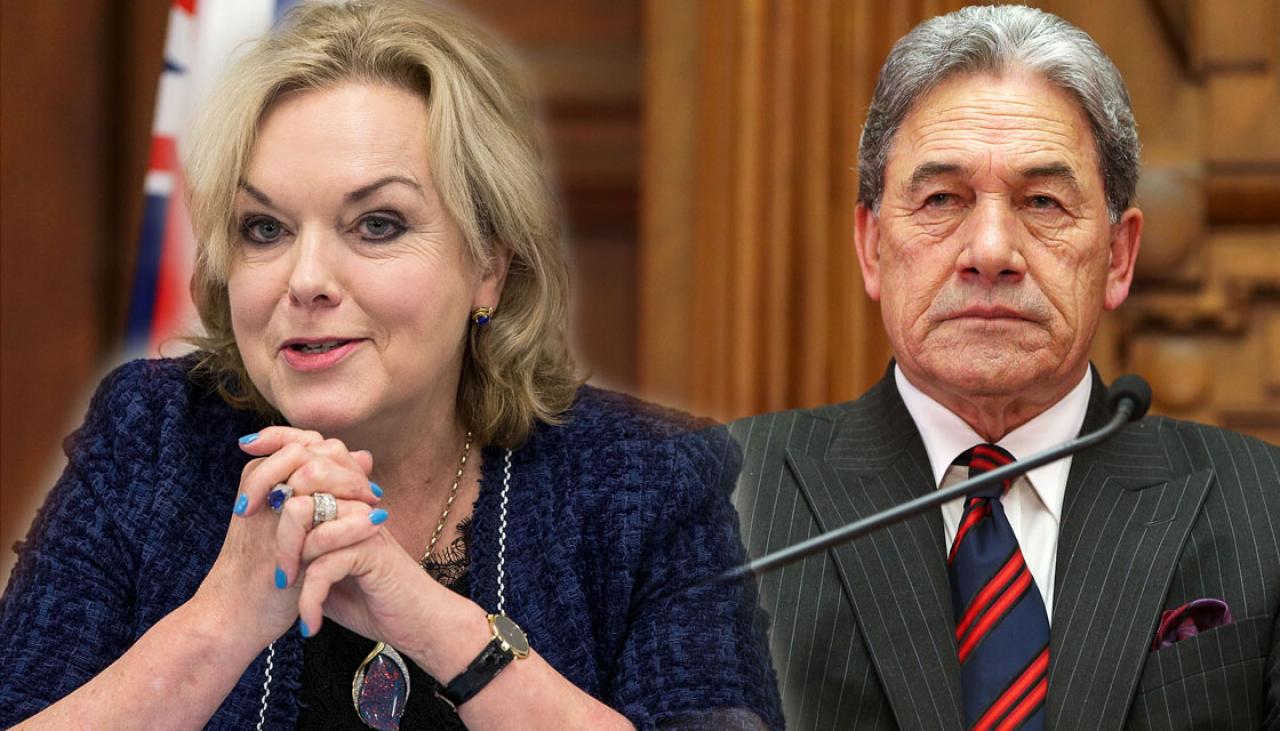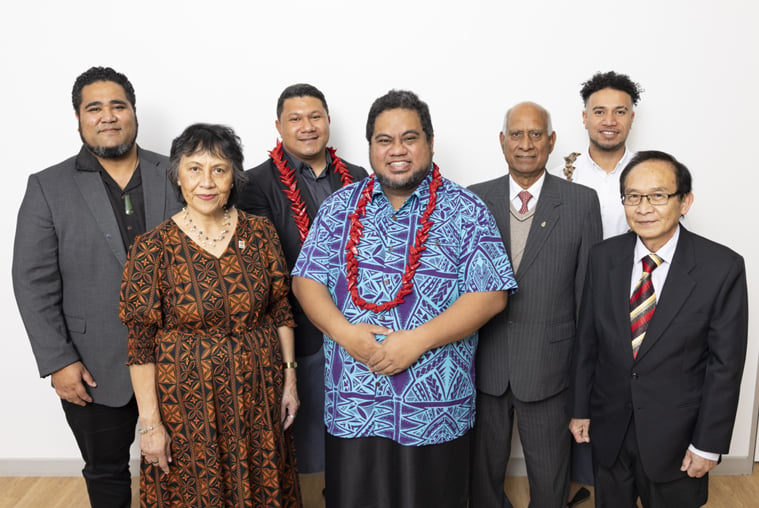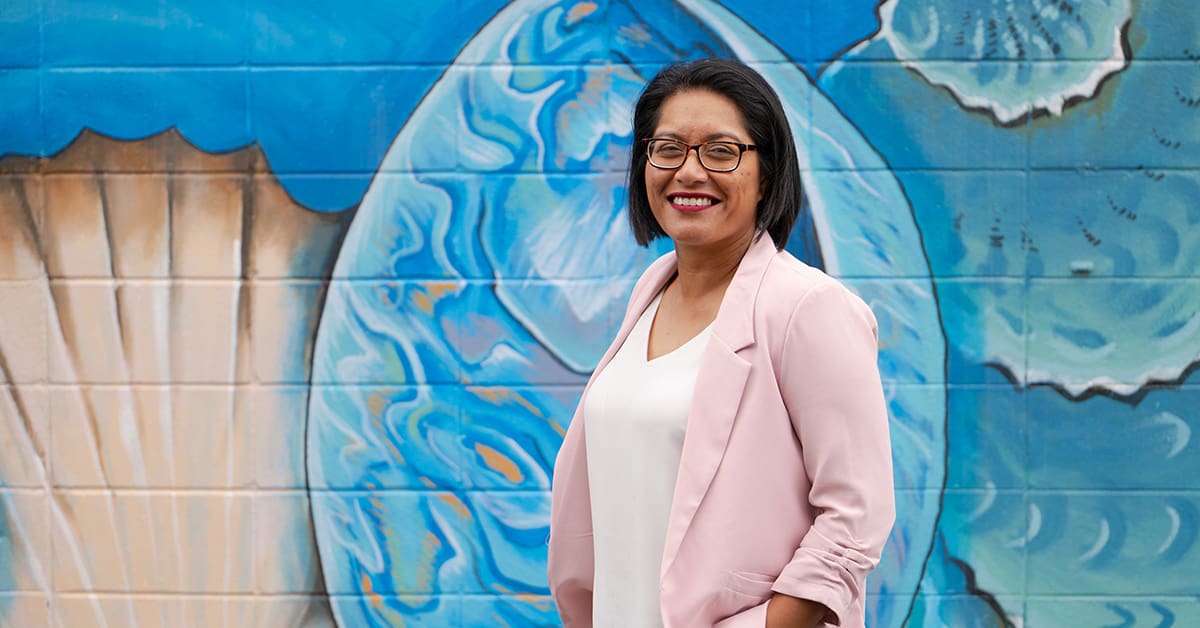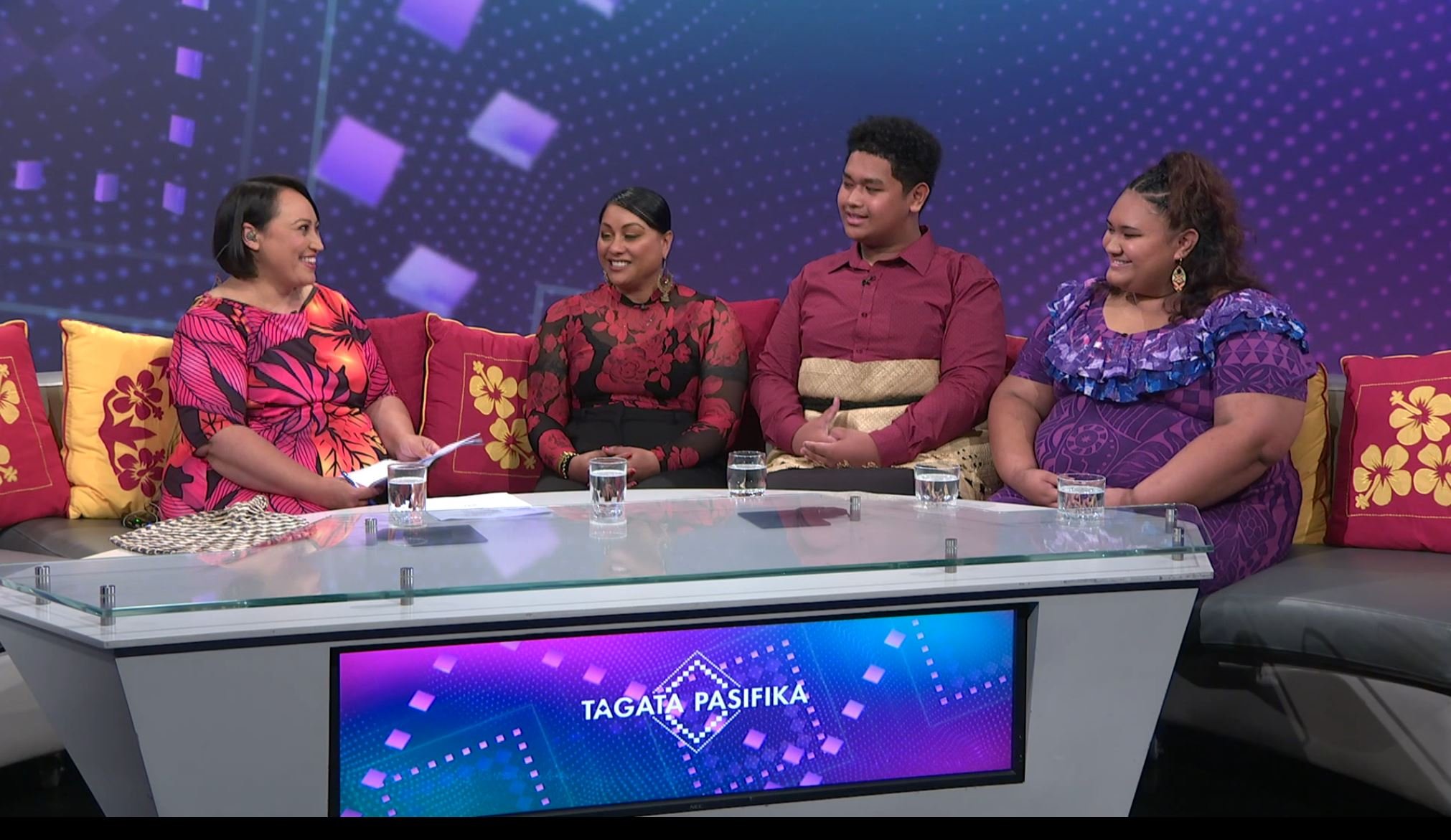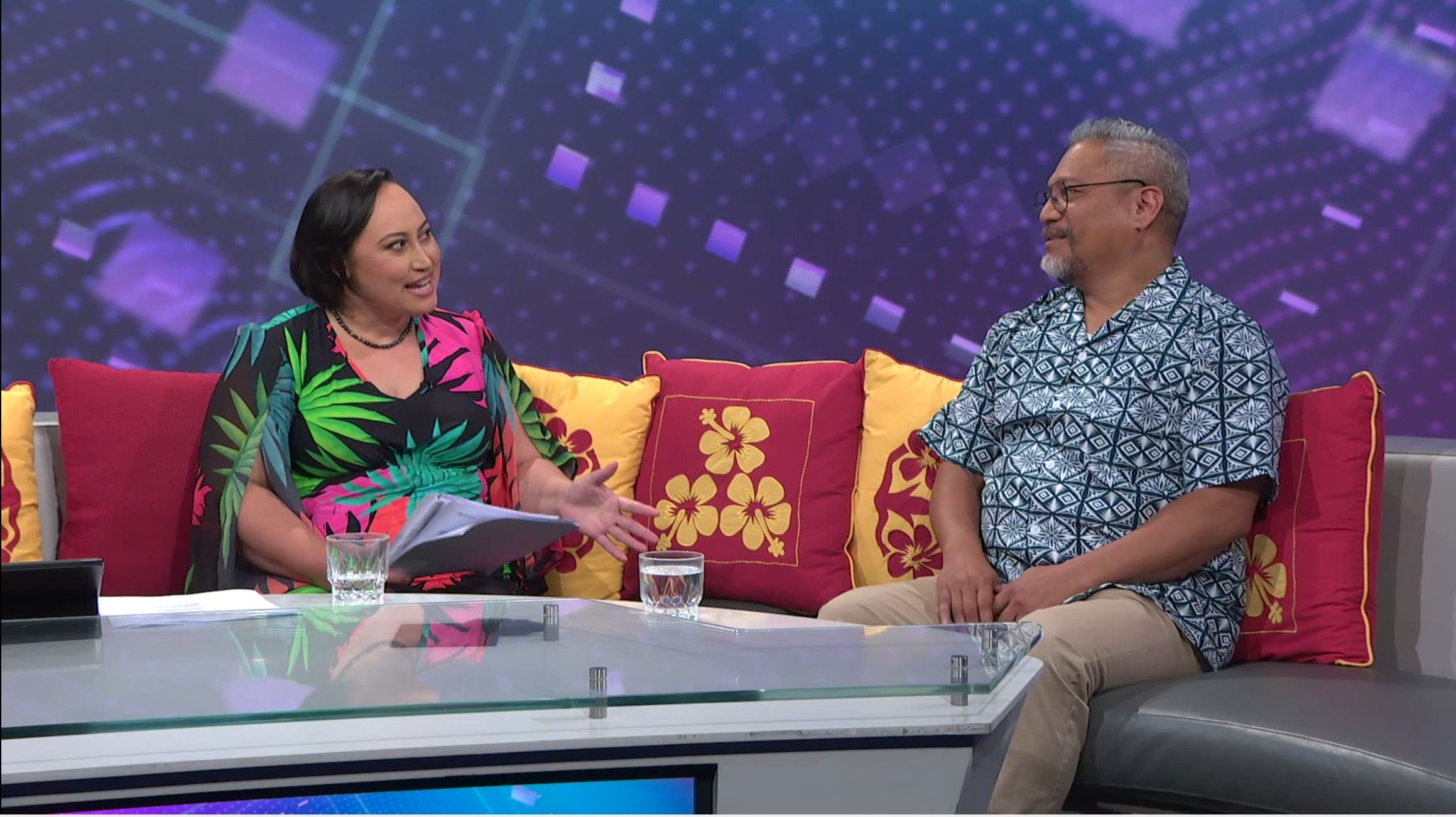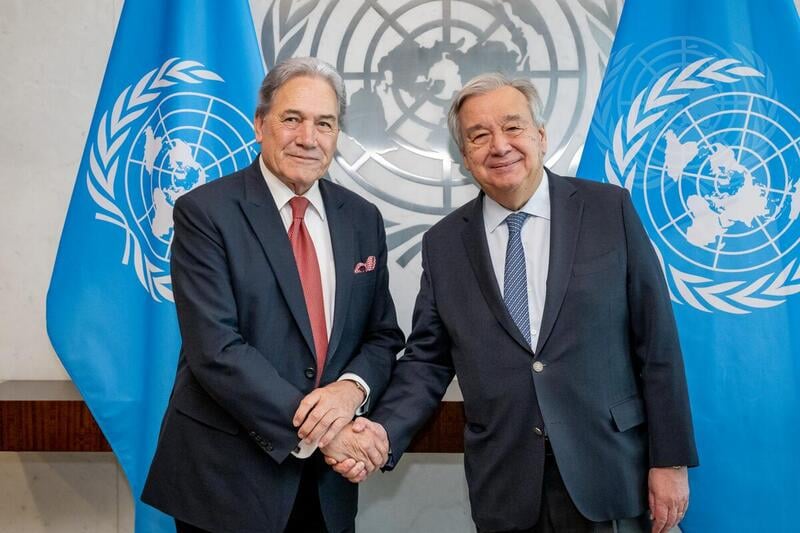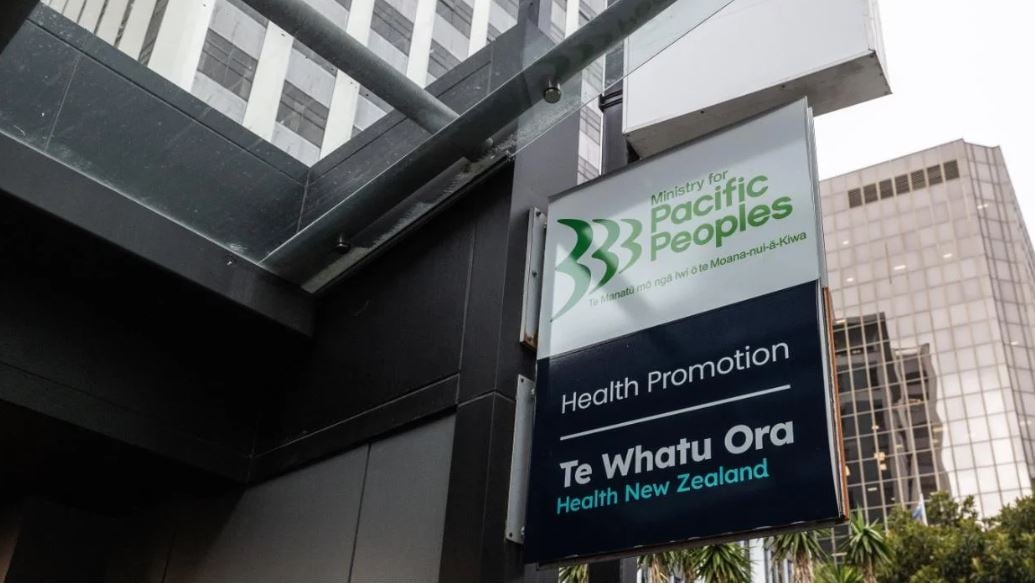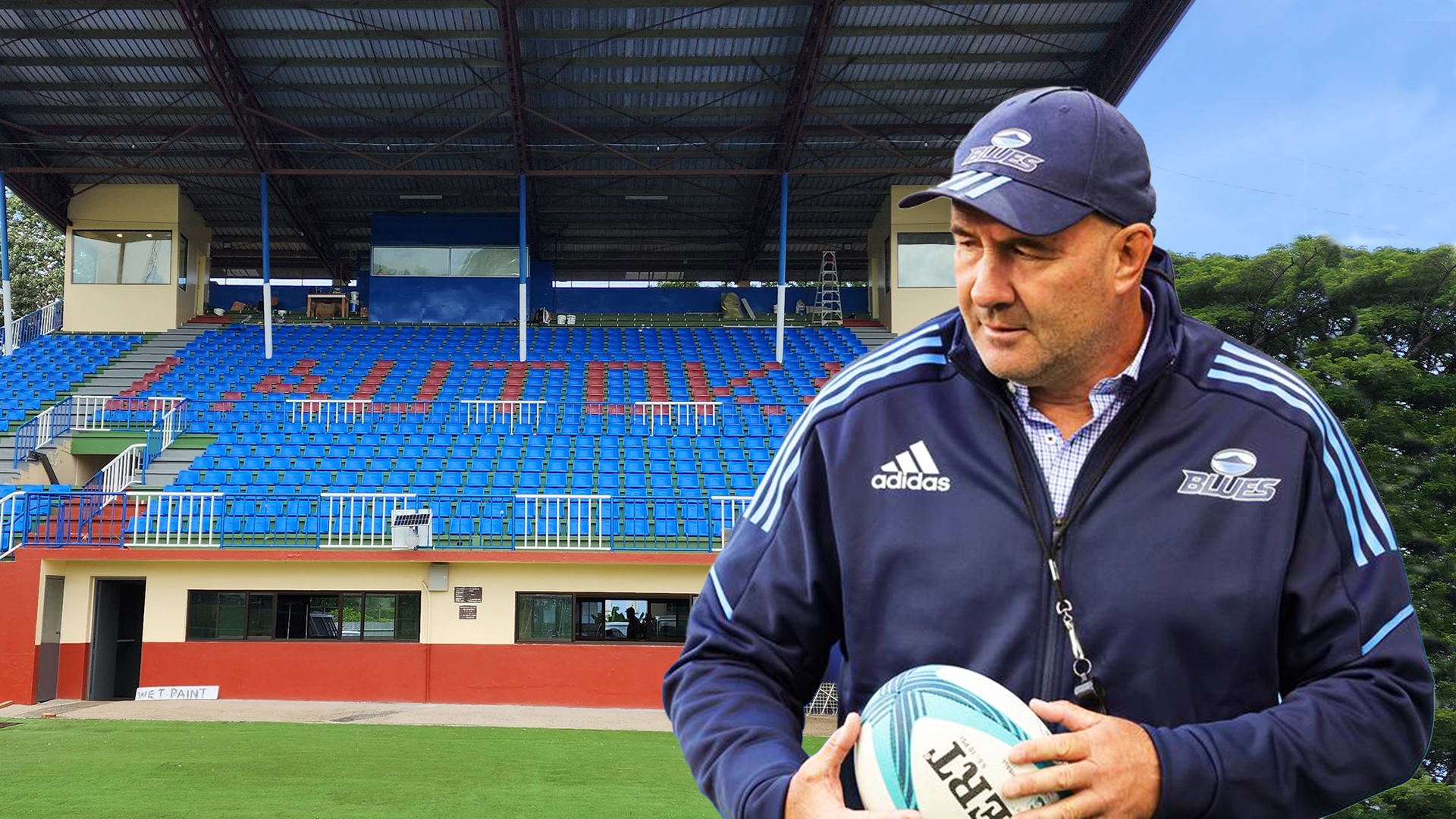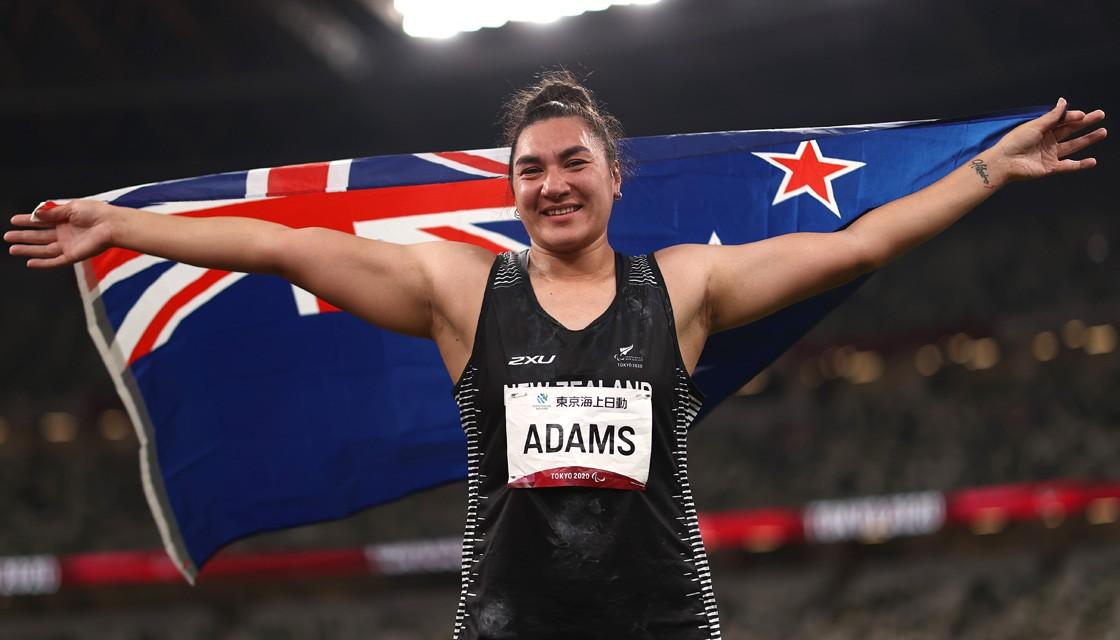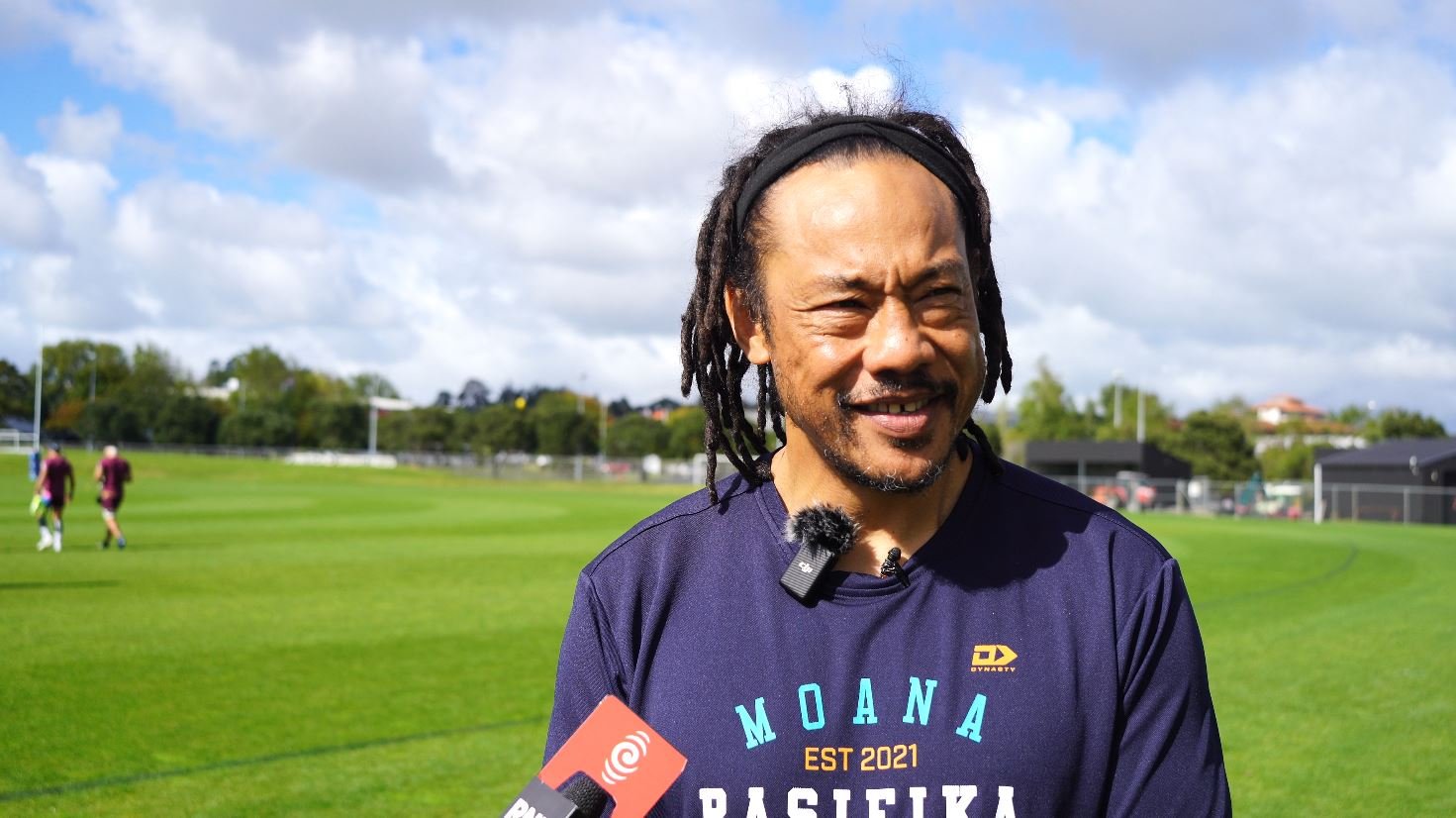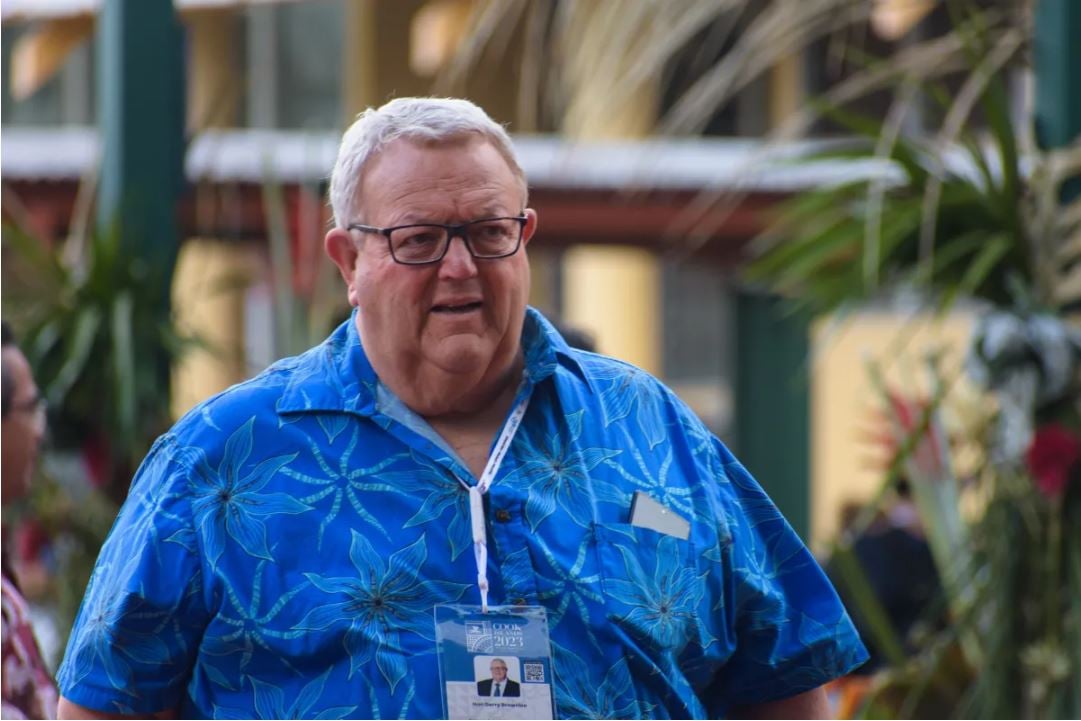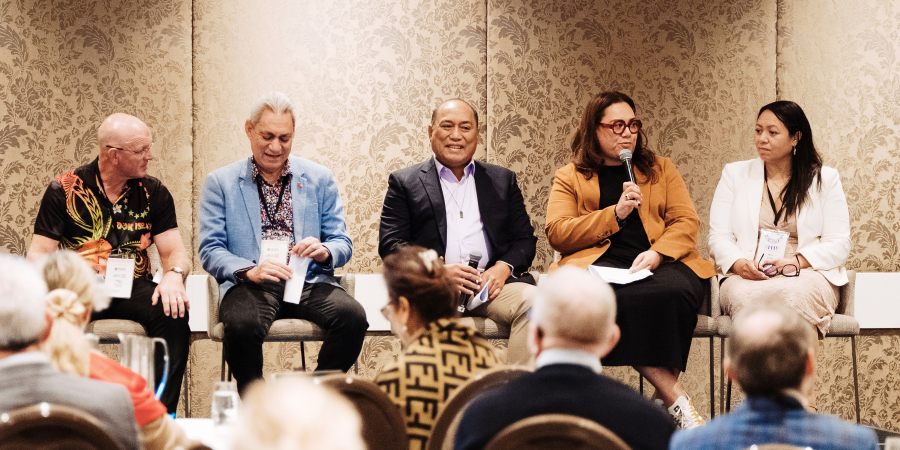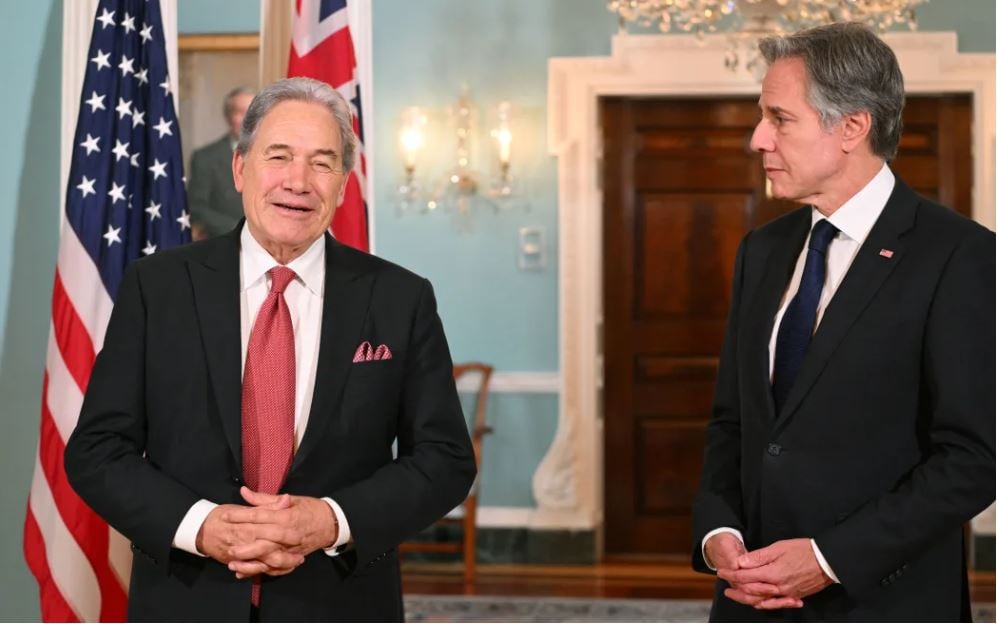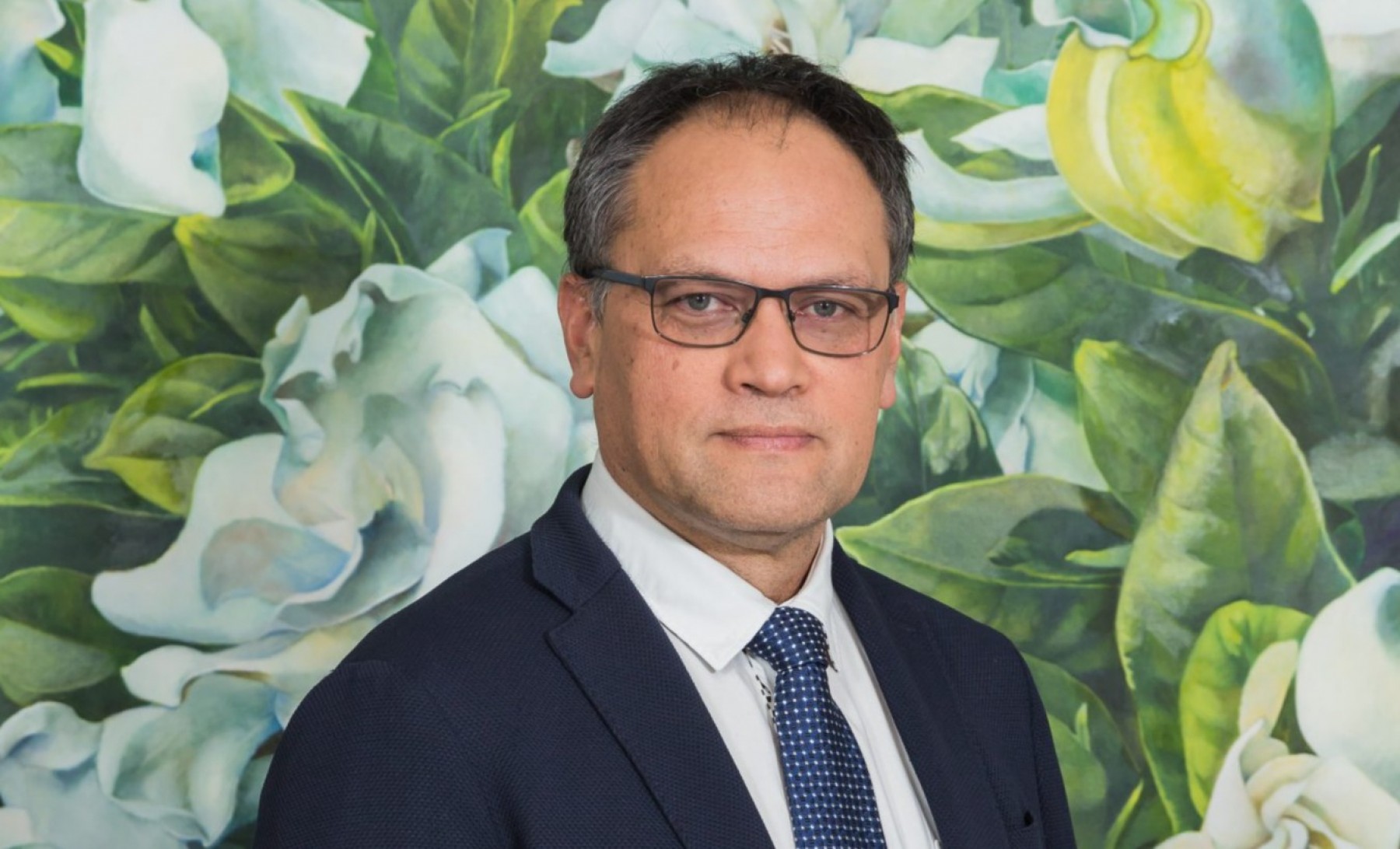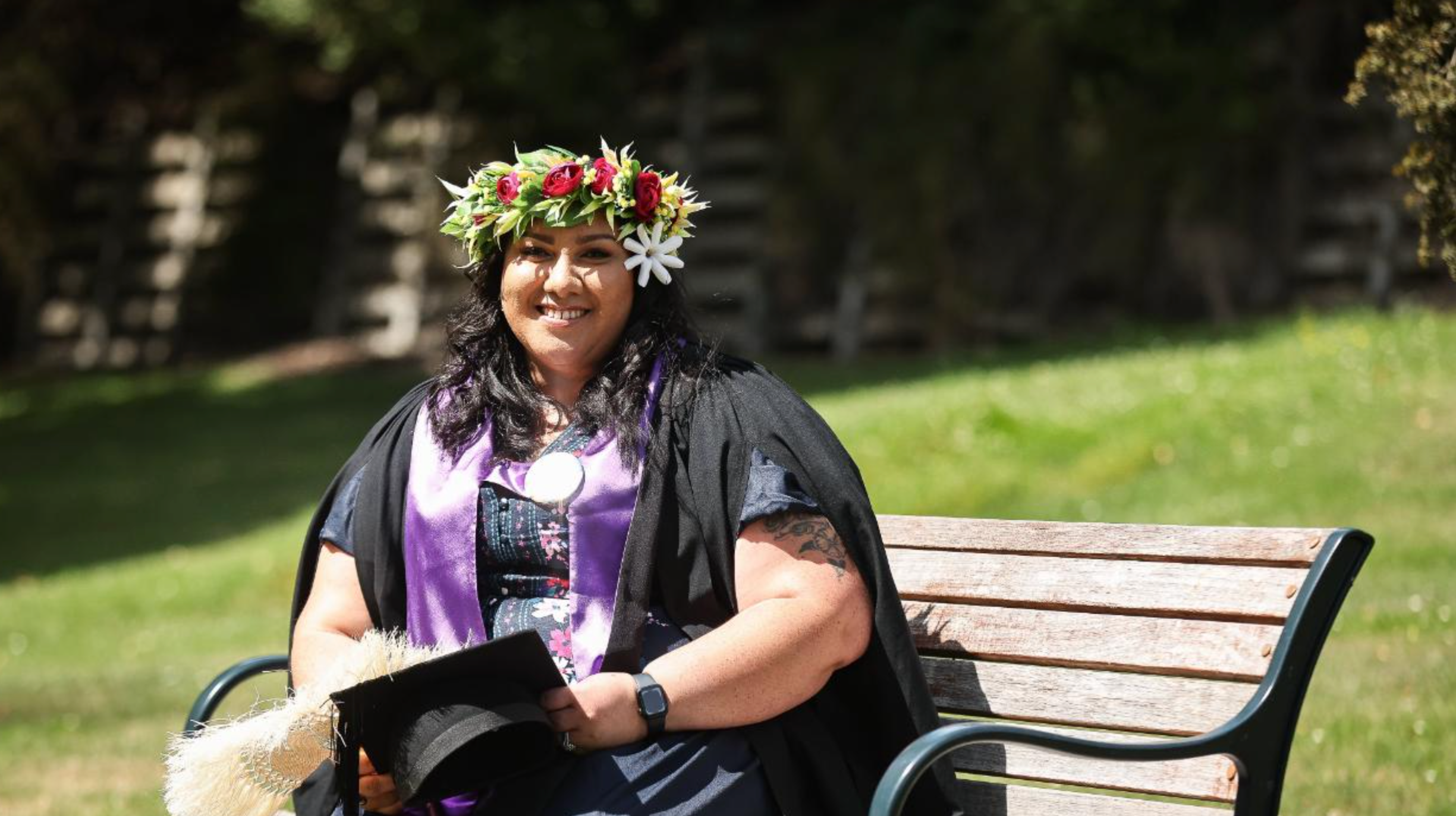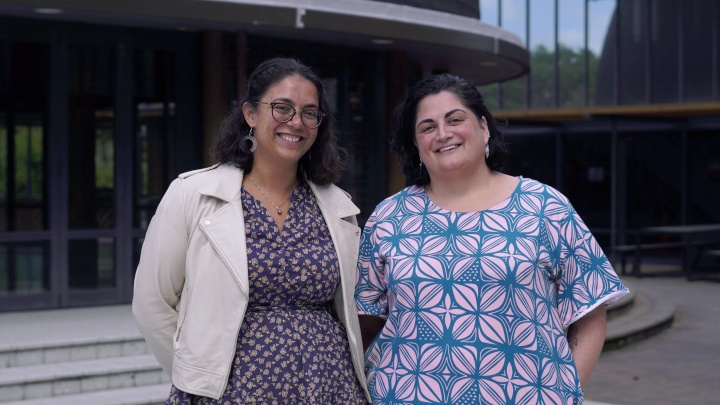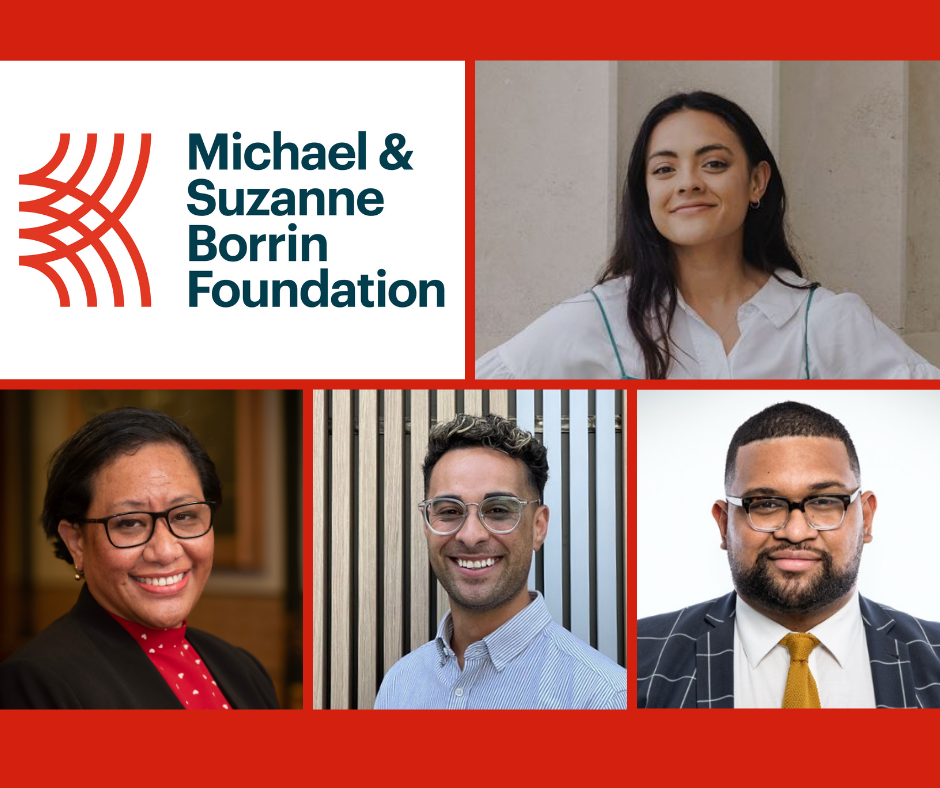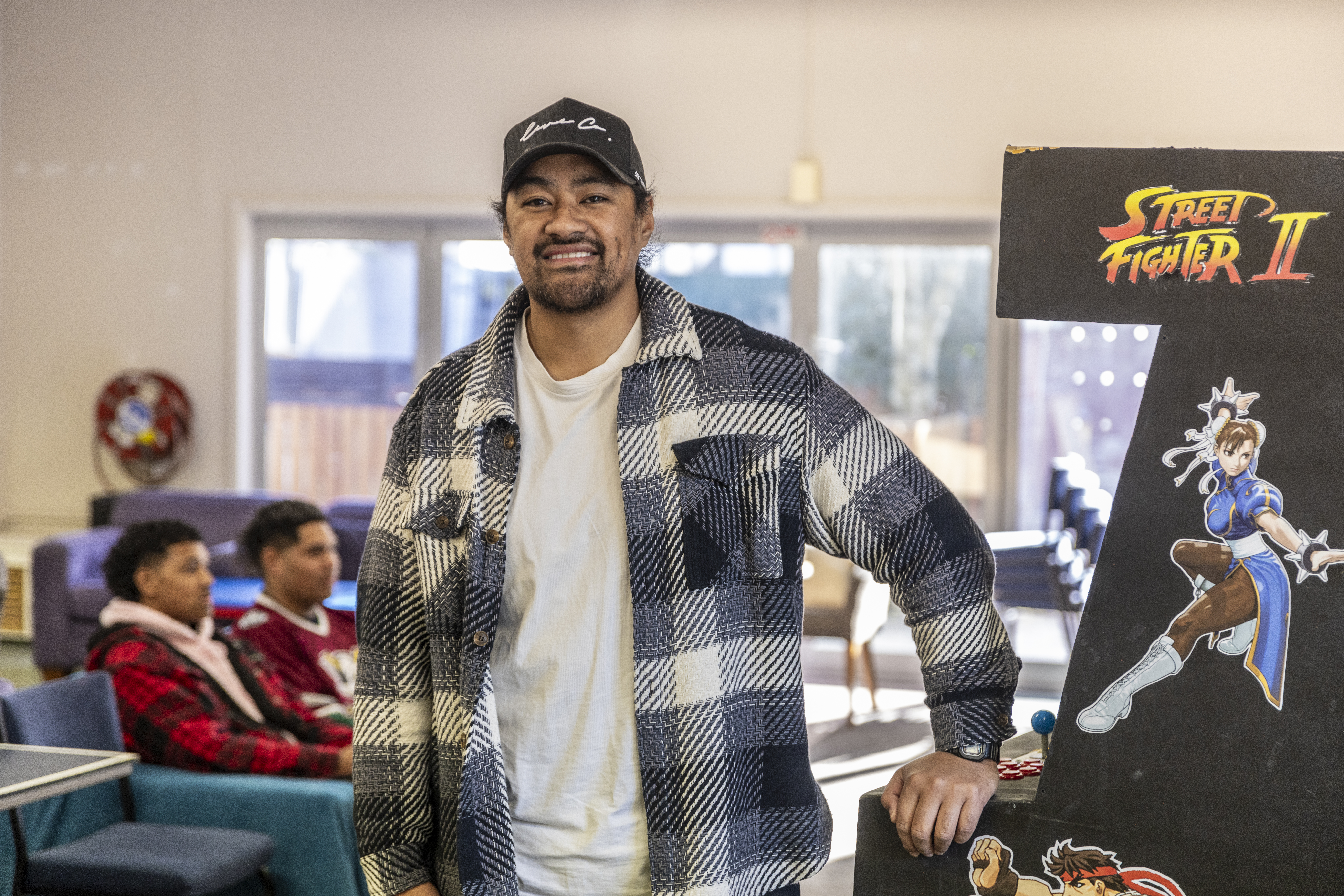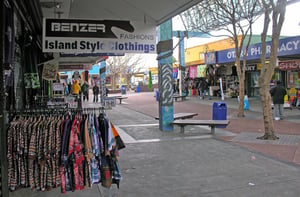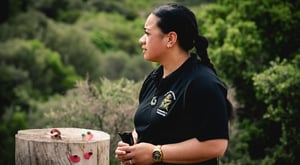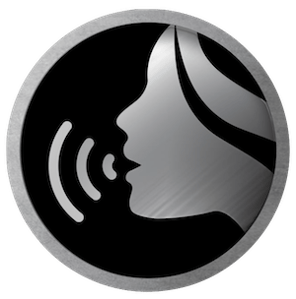Public Interest Journalism funded through NZ On Air
“People keep telling me you weren’t designed for politics, not when you are the nice guy,” says Faanana Efeso Collins.
“I don’t think I’m a nice guy. I think I am just me. But if people think nice guys don’t get into politics, then there’s something wrong.”
If Efeso is successful this October, he’ll become the first Pacific Island Mayor in Auckland’s history. A significant step forward for a city whose residents say, tall brown men in hoodies, are what makes them feel most unsafe, according to research done by Auckland Council.
“It was me.” Efeso says with a rueful smile.
“There is still an undercurrent of racist attitudes amongst some parts of the community. And I accept that, but I also accept that it’s my job to build relationships with them.”
That directness, alongside a relationship-building focus, is a hallmark of Efeso’s political style. Political commentators are calling him charismatic, bold, and likeable. They say he has working class mana.
Efeso is adamant that serving the needs of the wider city will not dilute his focus on the needs of South Auckland.
“You might take the boy out of Manukau, but you will never take Manukau out of the boy. I will never forget my roots. This is about me acknowledging that the journey has been tough and remains tough for the bulk of Aucklanders.”
He reflects on his parents’ experience as migrants from Sāmoa, to help shape his future vision for Auckland.
“When our parents came from Samoa, they came wanting to find that dream, the land of milk and honey we were told New Zealand would be. And then they found themselves in factories, working long, rostered shift hours.”
Despite their hard-work, in his family of six kids, it never felt there was quite enough to go around.
“All the arguments that I remember as a child were related to money. So I think that’s probably one thing I would love to have changed, is to see them earn what I think they are worth. If mum and dad just had enough, I think we could have flourished even more.”
It’s an experience driving Efeso’s flagship campaign for public transport.
“I’m ambitious for all of Auckland. I’m also really aware that for poorer communities, nearly 30% of their income is going to transport. So, imagine if we took away the fares to get on the bus or the train. That means that they’ve got all of that extra income to feed their family.”
Fares-free transport is also a sustainability strategy. “Fares-free public transport is for everybody,” Efeso points out.
“It means that we all can get out of our cars. This isn’t just for the poor or the rich.”
Behind the charisma, confidence, and likeability, Efeso and his family have faced-down danger and hate in response to his outspoken advocacy for Manukau, Pacific, and less wealthy communities.
Last year Efeso spoke out challenging the TVNZ programme Police 10/7. The focus on young, brown, male offenders, he said, was feeding racist stereotypes. The tweet went viral and in the furore that followed, bomb threats were made against Efeso an his family.
He weeps recalling the time. “I was told that death threats only ever go to singular politicians. And yet this one was made against my whole family. And I’m hoping that in a very human and soul filled way, people will look at my wife and my daughters and know that they are my world.
“I felt like I was responsible for bringing harm on my girls, on my wife. Immediately we thought, stop, walk away. And it was my wife that said, No. This is our city. That this is the city that has blessed us and invested in us and loved us. And we weren’t going anywhere. We were going to stay and serve and build and love. It’s important for us to see this through’.”




